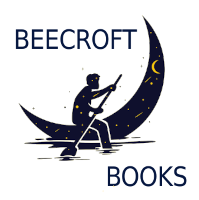Please Vote!
As a Brit, I have no real right to be invested in American politics, but we all know that the result of the US election will affect the state of the rest of the world for the immediate future and goodness knows how long after. I went out and voted against Brexit. I fell asleep…
